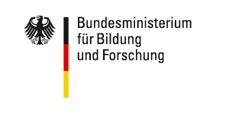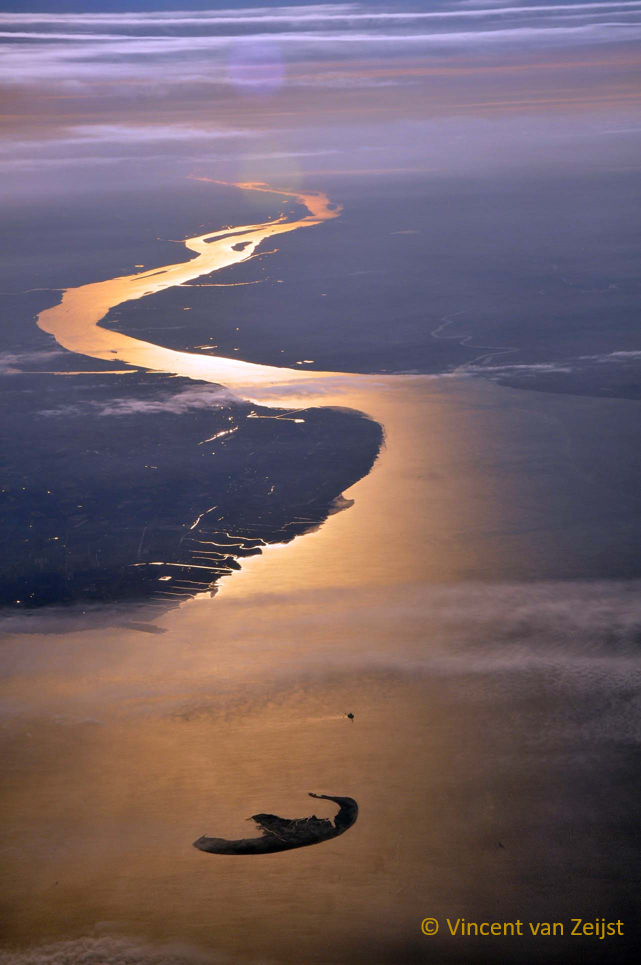Blue Estuaries: Developing estuaries as habitable sustainable ecosystem despite climate change and stress
gefördert vom Bundesministerium für Bildung und Forschung (BMBF)
Projektlaufzeit: 01.11.2020 - 31.10.2023
Estuaries are vulnerable ecosystem under considerable human pressure from pollution, climate change, eutrophication and habitat loss. Assessment of the impact of these multiple stressors on estuarine ecosystems is crucial for a scientifically based sustainable management concepts. The BlueEs project funded by the BMBF (the Federal Ministry of Education and Research) focuses on a comprehensive investigation of the effects of multiple stressors including eutrophication, contamination, and climate change on the biota of the two largest German estuaries, the Odra (Baltic Sea) and Elbe (North Sea) estuary. Both estuaries suffer from climate change and human activities including dredging of the navigational channels, which causes sediment loss, turbidity, as well as the release of nutrient and contaminants. The project BlueEs studies the impacts of multiple stressors on food webs and nutrient cycles by combining field work, laboratory experiments and modeling. Stakeholder involvement ensures knowledge transfer and development of the science based recommendations for sustainable development and use of estuarine systems. Within the BluEs consortium, the Marine Biolgoy group is leading the subproject that investigates the environmental hazards from multiple stressors (sediment pollution, lack of oxygen and warming) in to the keystone species of macrozoobenthos in the estuaries of Oder and Elbe using a combination of the field and laboratory studies. Representative benthic key species are exposed to the sediments with different degrees of pollution under different temperature and oxygen scenarios in experimental mesocosms, biochemical, physiological and molecular stress biomarkers are assessed, and the environmental risk of the multiple stressor factors for macrozoobenthos determined using the Integrated Biomarker Response (IBR) index and the weight-of-evidence approach. The data will be evaluated to map the current risk from the multiple stressors to the benthic communities in the studied estuaries, and to determine the potential adjusting hubs (such as the dominant stressors that can be controlled or mitigated, or the most sensitive ecosystem elements that require protection), which could facilitate the management of the estuaries in the future.
https://www.io-warnemuende.de/blues-start.html



